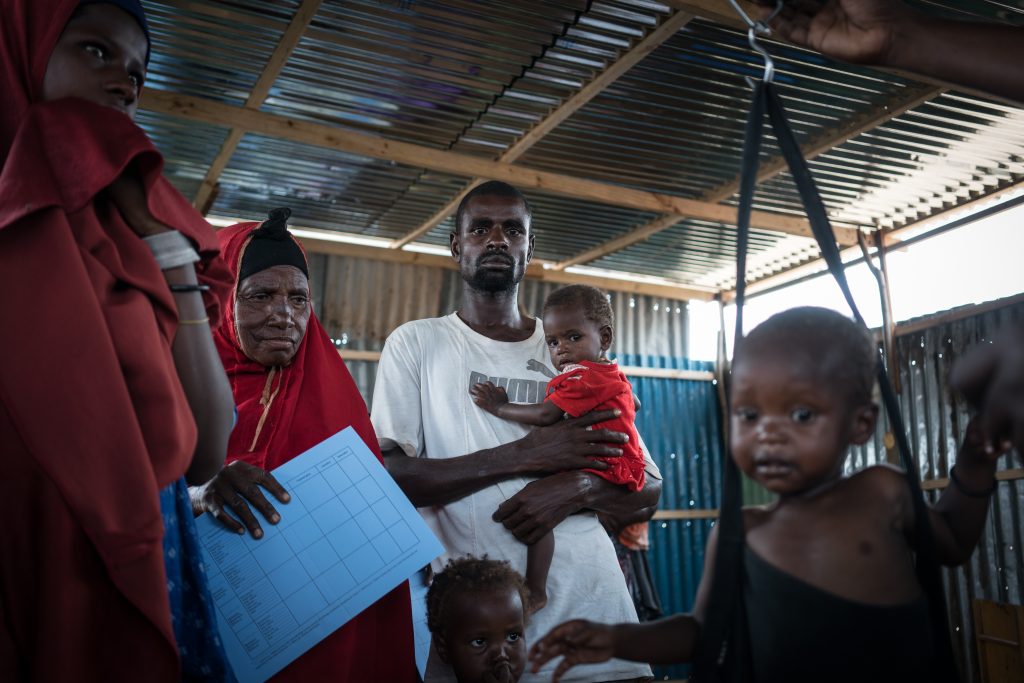Somaliland health facility records indicate that a Somalilander visits a public maternal and child health centre once in eleven years. Access to modern health services remains of critical concern, as well as the quality of services received by those who do visit public facilities. Anecdotal evidence suggests that for those utilising modern health services, private health services appear to dominate, particularly the use of private pharmacies, but little has been documented regarding their operations.
Within the private sector there are numerous levels of private care, but the majority of private facilities offering clinical care are clustered in large cities and are only accessible to the few who can afford them (and indeed, wealthier Somalis fly out of Somalia when they need higher levels of care). Private pharmacies on the other hand, are described as ubiquitous and offer a range of services that are accessible to a much wider proportion of society. This report describes the private pharmacy sector and gives information for influencing programme design, to allow public health actors to consider use of the private pharmacy network as important contributors to attaining public health goals in Somaliland. It is hoped that it will stimulate stakeholder interest in the private health sector, with the potential outcome of adding fresh thinking to current standards of intervention. Through comparison or contextual overlap, it may also assist stakeholders
in Puntland and Central South Somalia to reflect on the operations and possibilities for collaboration within their own private sector.



